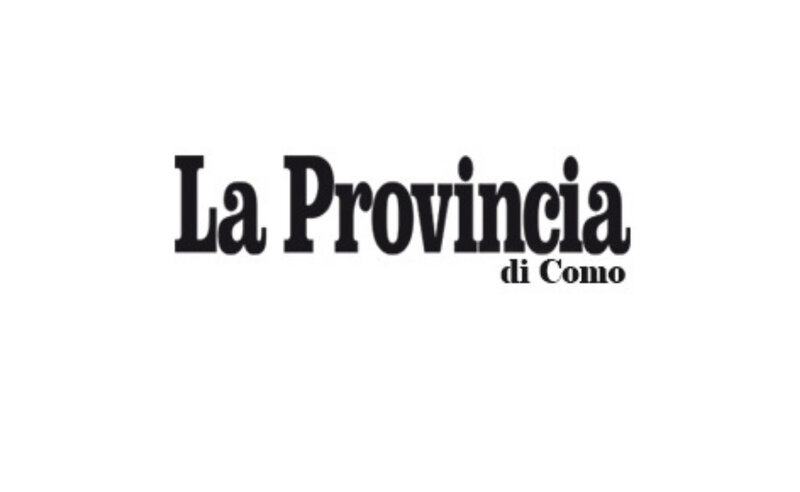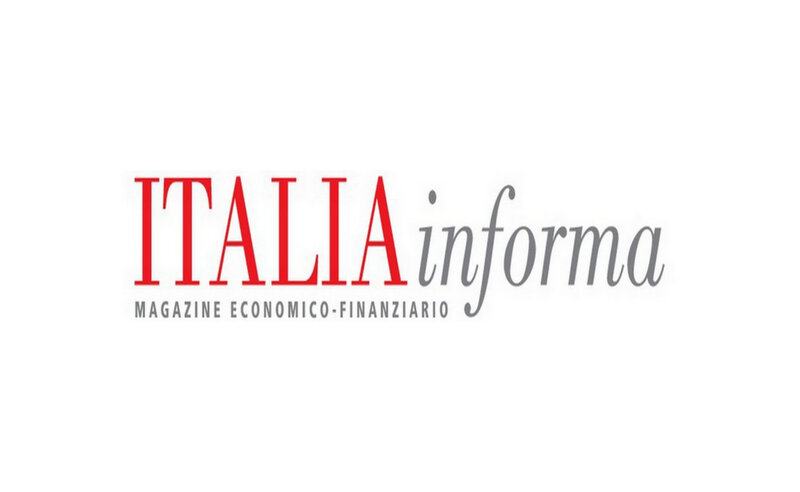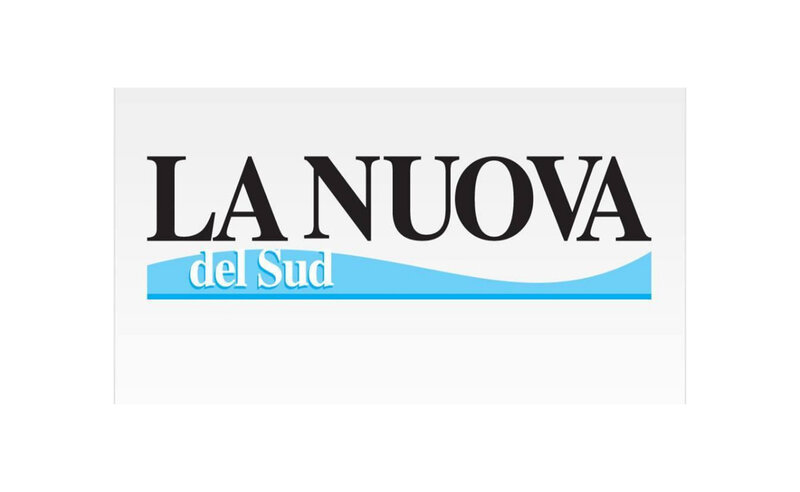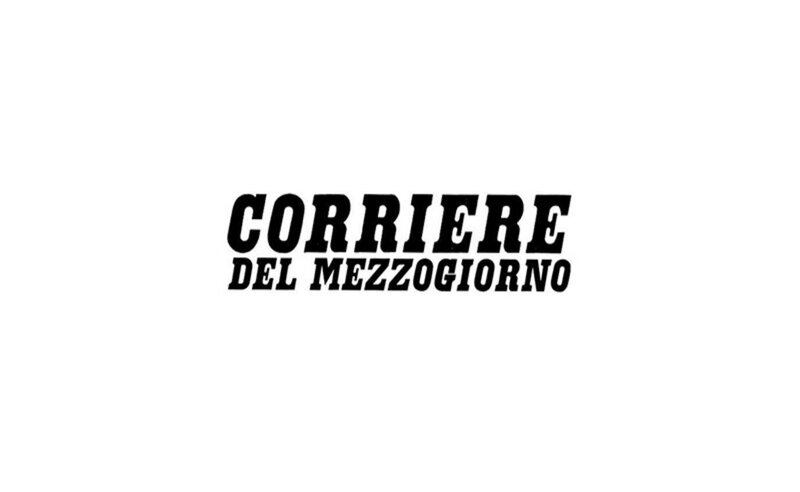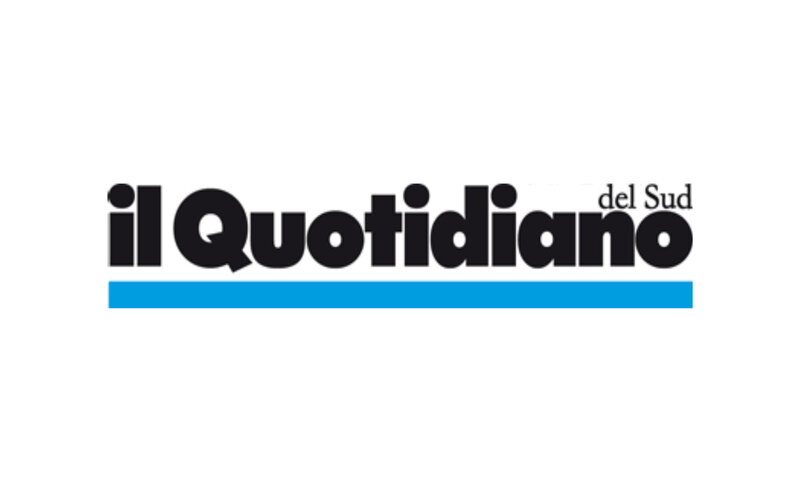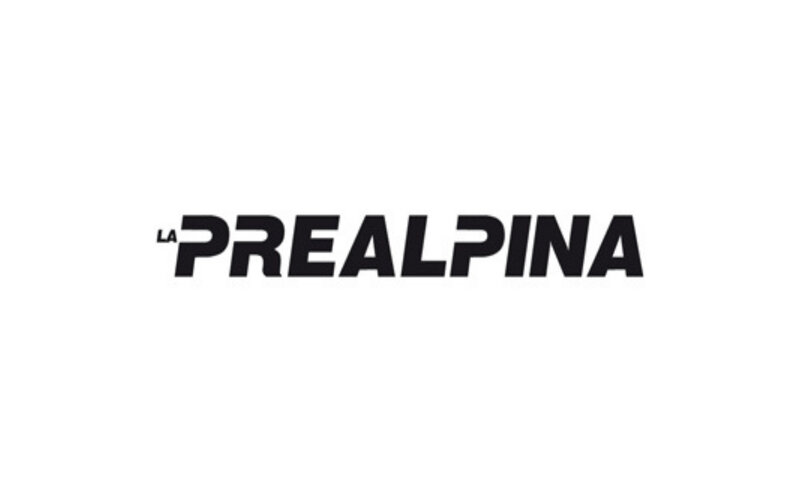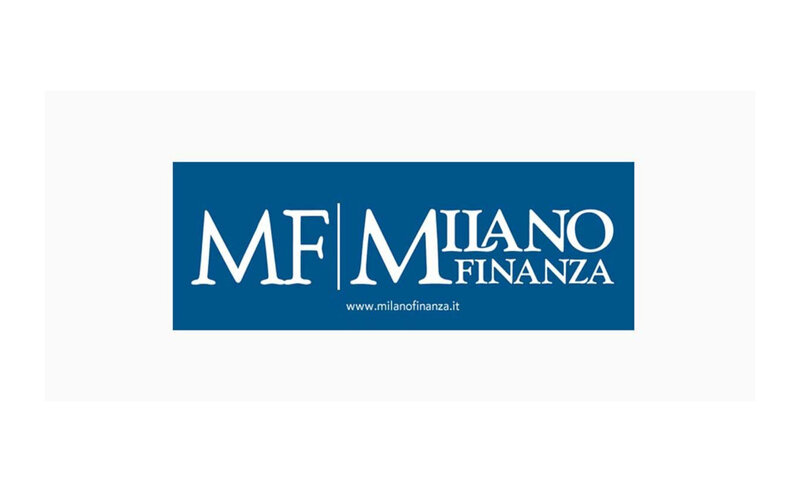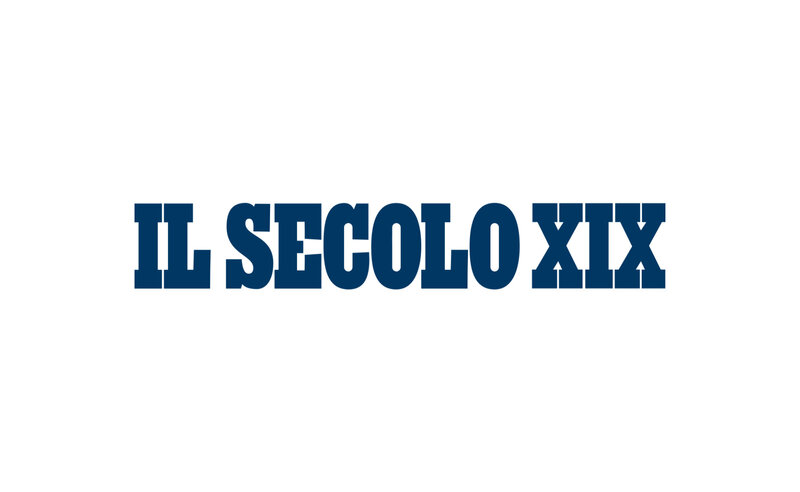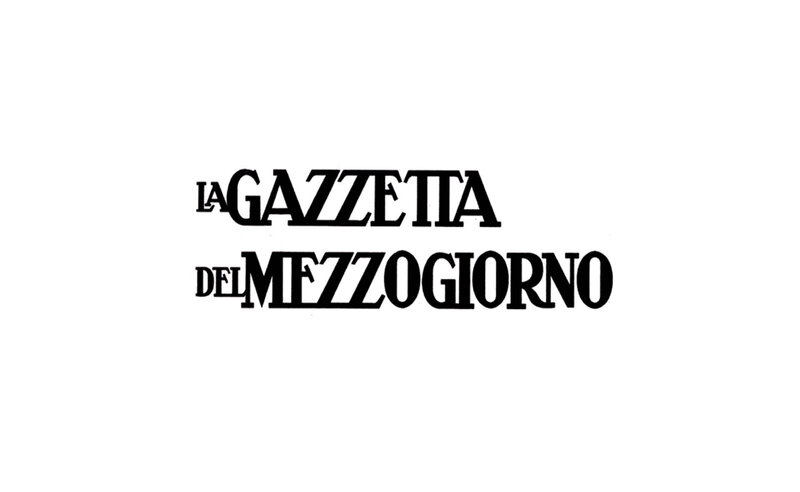Tourism restart uncertain. The public health variable
by S. Bri. What are the 2021 prospects for Italian tourism? The European House – Ambrosetti has prepared a number of forecast models that take into consideration a range of variables connected with the economic, social and pandemic scenario.
Download PDFThe health emergency accentuates the North-South gap
by C. Tucci. Unipol Group and The European House - Ambrosetti have mapped social policy services in Italy on the basis of 22 indicators.
Download PDFCircular Europe. How to successfully manage the transition from a linear to a circular world
by L. Tavazzi and B. Brioschi. by L. Tavazzi and B. Brioschi. To measure with objective metrics the level of development of the Circular Economy in the 27 countries of the European Union and in the United Kingdom, The European House - Ambrosetti, in collaboration with Enel and Enel Foundation, in the "Circular Europe" study, built Economy Scoreboard.
Download PDFThree ideas for relaunching attractiveness
In such a sensitive time for Italy and its southern regions, the Basilicata Think Tank will once again be holding its Forum to close this year’s activity.
Download PDFIn industrialized Basilicata, low birth rate and young people fleeing
by F. Russo. F. Russo. “Although dramatic and profound, the Covid-19 crisis must be seen as a unique opportunity for Basilicata to begin again with a long-term perspective,” says Valerio De Molli, CEO of The European House – Ambrosetti.
Download PDFEnergy, a sustainable future
“Energy for a Sustainable Future” is the theme of the second Basilicata Think Tank Forum, an initiative launched in 2018 by The European House – Ambrosetti and Total.
Download PDFTaxes, bureaucracy, competencies – Italy will have more investors (if it improves)
by G. Petrucciani. With 70,000 laws, a tax rate of over 59%, scant financial education and digitalization, Italy attracts only €27.8 billion from abroad, compared with Germany’s €56 billion. The European House – Ambrosetti and Aviva study.
Download PDFReviving consumption to revive the country
by L. Tavazzi. To restart Italy and fill the economic and social chasm that Covid-19 has created in the shortest possible time, it is necessary to support the income of families and create conditions of trust for the future.
Download PDFDigitalization, hospitals, family doctors. Eu funds are needed here and they are needed now
by A. Scaglioni. «Healthcare has to be secured, no more of these emergency conditions», says Luppi, CEO of Msd Italia. And Kerkola of Pfizer adds: «We’re ready to cooperate on the technologies for a connected system». The latest report of The European House – Ambrosetti.
Download PDFNew corporate governance. Surprise, Milan is a model
by A. Scaglioni. The European House - Ambrosetti: for ten years Piazza Affari has recorded improvements in gender and independent shares. Stakeholder centrality and "sustainable success" are closer. The challenges of the Covid-recession.
Download PDFItaly pays €6.4 billion to tax havens
by D. Colombo. «Being thrifty with other people’s money becomes unbearable in an emergency», observed Valerio De Molli, CEO of The European House - Ambrosetti, during the 31st Finance Workshop.
Download PDFBusinesses are a little less pessimistic but the employment outlook is troubling
by V. De Molli. The conditions for financing exist, so attention must be focused on how to spend these resources in the most efficient and farsighted way possible.
Download PDFThe automotive realm. A rapidly expanding market
by V. De Molli. Sustainability, within which mobility plays a key role, is the main focus of the European and Italian strategies for relaunching the economy, and sustainable, advanced mobility is one of the cornerstones of the vision developed for the Province of Varese.
Download PDFElectric mobility. Varese at the wheel
by N. Antonello. According to the study commissioned by Confartigianato imprese Varese to The European House - Ambrosetti, the area has what it takes to become a hub of advanced sustainable mobility.
Download PDFE-commerce, a real treasure
According to The European House - Ambrosetti, at the end of this year, revenues will reach 58.6 billion.
Download PDFThe real formula for recovery? Count more on Brussels
by A. Puato. The relationship with the EU must be rethought, says The European House – Ambrosetti survey. Bottinelli, CEO of BASF: “Italy must stop being an underdog and become a protagonist. We should use the Recovery Fund to have a role in the circular economy.”
Download PDFStarting from health to emerge from the crisis
by V. De Molli. All crises offer major opportunities for change. And this public health crisis can be an opportunity for Italy to implement the structural reform of its NHS that has been talked about for years.
Download PDFVoraceous bureaucracy. A bill of 146 billion
by A. Puato. This is the added value that Italy would gain in five years, if it were efficiently aligned with France and Germany "The Bassanini reform should be resumed," says Stefano Venturi of Hpe. The study by The European House - Ambrosetti.
Download PDFThe European House – Ambrosetti Forum. A success that swept aside all difficulties
A very special and exceptional event, the 2020 Ambrosetti Forum (the 46th), the result of an extraordinary effort during the pandemic but which, once again, was nonetheless a tremendous success. The interview with Madi Piano Mortari, Project Leader of the Cernobbio Forum and Associate Partner of The European House – Ambrosetti, on innovation and content of the Forum.
Download PDFBroad band and industry 4.0. Last call
by A. Puato. Industry 4.0 requires an efficient digital network. But to begin the recovery, all Italian industry, in general, needs investment in infrastructure, including traditional infrastructure, such as roads, rail and bridges. This is the message of the “Relaunching Italy” study by The European House – Ambrosetti Club guided by CEO Valerio De Molli, which ties Italy’s industrial development to digital development.
Download PDFPensions: the great unknown
by F. De Bortoli. The European House – Ambrosetti, together with the Perseo Sirio fund and HSBC Global Asset Management, recently presented a detailed study, coordinated by Lorenzo Tavazzi, of pension funds.
Download PDFCashback increases incentives
by D. Aquaro. The full “Cashless Italy” Plan could, by 2025, result in “an annual reduction in the shadow economy of €0.7 billion and recovery in VAT of €0.8 billion,” stressed Lorenzo Tavazzi, head of the Cashless Community of The European House – Ambrosetti.
Download PDFMilan is getting ready to occupy the role of European innovation hub
by V. De Molli. Research, innovation and technology are the main elements on which the ecosystem of the Life Sciences depends for its ability to respond concretely to global emergencies. In this process, Italy has the opportunity to demonstrate the extent to which the excellence of the national research program enables it to compete on the international level. The Italian Life Sciences sector, in particular, has exhibited reactivity, organizational capacity, openness to collaboration and, once again, scientific excellence.
Download PDFEducation and research: let’s make them work or Italy will never grow
by A. Puato. Education and research. These are the two cornerstones of The European House – Ambrosetti Club’s study “Relaunching Italy”, a project in eight points to start Italy moving again, this time developed by private stakeholders, involving the leaders and entrepreneurs of Italy’s largest companies.
Download PDFDigital cash, the online push resumes in Italy after the fiscal shock
by A. Frollà. The most recent study of the Cashless Society prepared by The European House – Ambrosetti notes that Italy is still ranked as one of the 35-worst economies in the world in terms of “cash intensity”, that is, cash in circulation in relation to gross domestic product.
Download PDFSay goodbye to cash in three steps: push towards cashless to fight evasion
by D. Aquaro e C. Dell'Oste. According to the scenario developed by The European House – Ambrosetti, the increase in traceable payments already in effect would lead the state to have an increase in annual tax revenues of 3.4 billion by 2025, destined to rise by 24.5% with the Cashless Italy Plan.
Download PDFMore culture, fewer local interests the alternate plan for Italy
by A. Puato. For restarting the country, The European House – Ambrosetti has developed a project – the first private observatory – in eight points. From an increase in pay to rebalancing power among national, regional and local government.
Download PDFLooking creatively to the future to establish a new balance
by M. Grazioli. A different, more flexible approach to working requires a rethink of working processes we have not had time to implement, but it will be necessary if we are to make an impact on the culture of working together in the future.
Download PDFInvestment slowed by bureaucrats. Italy behind in renewables
by S. Elli. Renato Mazzoncini, CEO of A2A, a listed company controlled jointly by the municipalities of Brescia and Milan, sent strong messages to political decision-makers and sector regulators. He did it from the stage of Cernobbio during the presentation of the report signed jointly by A2A and The European House – Ambrosetti.
Download PDFCircular economy moves 29 billion in GDP in Italy
by L. Serafini. A study prepared by Fondazione Enel and The European House – Ambrosetti presented at Cernobbio which, for the first time, compares the state of advancement in the various EU countries and, using a new econometric model, measures the potential effects of circular economy on GDP and employment.
Download PDFManufacturing sector down 21%, 10.8% collapse in 2020 GDP
by N. Picchio. The analysis emerging from the study presented yesterday at Cernobbio, prepared by The European House – Ambrosetti in collaboration with Fondazione Fiera Milano, on the future of Italian industry.
Download PDFGrowth? More investment to conquer uncertainty
by G. Ferraino. In extraordinary times, unusual things happen. And so, at The European House – Ambrosetti Forum—since its inception considered to be an ultra-exclusive club of entrepreneurs and top managers who get together at the end of the summer each year on Como Lake to reflect on the agenda for the world, Europe and Italy—in this year of COVID that revolutionized the workshop format with the presence of virtual speakers thanks to hologram technology, the person who set the tone was Pope Francis.
Download PDFDelays in the civil justice system cost 40 billion in GDP
by A. Scaglioni. A more streamlined Italian judicial system could result in economic benefit through cost savings of between 1.3% and 2.5% of Italy’s GDP. In monetary terms: €22-40 billion.
Download PDFMore Asia, less Europe. The ranking of countries that attract business
by G. Ferraino. Sustainability is now also a part of the Global Attractiveness Index (GAI) which, starting this year, introduces two new Key Performance Indicators (KPIs): pollution-related deaths and CO2 emissions. A decision made not only to push companies and governments towards putting the environment at the center of their strategies, but also to make sustainability a driver for policy over the next decade, explains The European House – Ambrosetti.
Download PDFHydrogen, a national supply chain to decarbonize Italy
di C. Dominelli. Outlining the very significant potential of Italy, which could become an “enabler” in European plans, is the study, “H2 Italy 2050, a national hydrogen supply chain for Italy’s growth and decarbonization”, prepared by The European House – Ambrosetti in collaboration with Snam.
Download PDFTrade fairs, 17 billion in exports start from Milan’s pavilions
by G. Mancini. Getting down on paper the efficacy of trade fairs and their importance in relaunching Italian industry following the public health emergency is a study prepared by The European House – Ambrosetti for Fondazione Fiera Milano which will be presented at the opening of the Forum in Cernobbio.
Download PDFRegaining trust will help in finding the direction for the future
by Valerio De Molli. An indispensable pre-condition for starting again is the ability to look towards the future not only with apprehension, but also with ideas for innovation, relaunching and development. If the world changes, companies must also change.
Download PDFA long-term vision to restart
by V. De Molli. "For too many years the Italian economy has suffered from the lack of an industrial policy".
Download PDFState refunds for those who pay their bills with cards and apps
by D. Aquaro. "The bonus will be as effective as it is immediately usable: the issue of speed is decisive", explains Pio Parma, senior consultant of The European House - Ambrosetti. Whose Cashless society community had long ago solicited the measures accepted in the 2020 Budget law and in the related tax decree.
Download PDFThe satispay style cashback will reduce your cash
At stake is Italy's ability to free itself from the excessive use of cash (in the ranking of the Cashless society index 2020 by The European House - Ambrosetti, the country is sixth from last in Europe).
Download PDFLight and shadows on the economy of Liguria
by F. Canevesio. The Liguria region needs to be kick-started by significant investments in infrastructure, able to make existing infrastructures safe and to release capacity to support a new relaunch of the economy, according to a report by The European House - Ambrosetti.
Download PDFLiquidity: not investing costs 30%, but six families out of ten are wary
by G. Petrucciani. Too much cash inactive. In March alone, 17 billion was accumulated (+254%). A lack of financial education impedes efficient use of resources and penalizes the nation. Study by The European House – Ambrosetti and Aviva Assicurazioni.
Download PDFAmbrosetti: the survival of 30% of agrifood businesses at risk
by M.T.M. “The pandemic has caused interruptions in production in various sectors and slow-downs in the supply chain, as well as a reduction in disposable income with a resulting drop in domestic demand and slowing and/or postponement of private investment,” says Benedetta Brioschi, Food&Retail&Sustainability Area Manager of The European House-Ambrosetti, which has produced the study, “The Road Map of the Future for Food&Beverage”.
Download PDFExports and infrastructure. How Liguria can get back on its feet
by S. Gallotti. The advantage of the report prepared by The European House – Ambrosetti, which will be presented today at the Palazzo Ducale in Genoa during the forum organized in conjunction with the Liguria Region, is the clarity of its statistics.
Download PDFThe Region should capitalize on its strategic assets
by V. De Molli. To respond to such a deep crisis, we should not be afraid to use the term “reconstruction”, which brings to mind the difficult period of suffering experienced by Europe in the post-war period, over 70 years ago. Reconstruction, for Liguria, must mean starting from the region’s strategic assets on which its successes have been developed.
Download PDFLiguria, from the territory to cure work for 60 thousand people
by A. Quarati. The European House - Ambrosetti presents the Liguria 2022 report. Focus on enhancements. The areas waiting for a relaunch are worth, in terms of land occupation, nine times the former Ilva.
Download PDFThe nation’s digitalization also involves co-investment
by V. De Molli. The growth of the ultra wideband is now, more than ever, a competitive factor for the nation because digitalization affects multifactor productivity, i.e., the aspect that has had the most impact on the stagnation of productivity over the last 20 years.
Download PDFThe tires of Moser, Pantani and Viviani once again “Italian”
by P. Bergonzi. Valerio De Molli, Managing Partner and CEO of The European House - Ambrosetti, has joined the new board of directors of the Vittoria company to develop industrial strategies and capitalize on the tremendous potential of cycling in Italy.
Download PDFWith the crisis, there’s increasing need to strengthen community welfare
“In a few months, budget constraints will once again become dramatically relevant when, on a global level, this phase of fighting the effects of the pandemic and relaunching the global economy will have passed,” warned Carlo Cimbri, CEO of Unipol, during a webinar organized by the “Welfare, Italia” think tank promoted by Unipol in collaboration with The European House – Ambrosetti.
Download PDFThe south, EU funds not to be wasted
by I. Trovato. If the South is a priority, the school situation is particularly urgent. This is explained clearly in the agenda for restarting by The European House - Ambrosetti.
Download PDFTaking care of human capital
by F. De Bortoli. Preventing a new drop in university entrance like the one that followed the 2008 financial crisis. In the ten years that followed, university student numbers fell by 5% in Italy, but rose by 14% in France and 40% in Germany. This is what can be found in a report about to be published by The European House - Ambrosetti.
Download PDFGrowth requires a boost for consumption
by V. De Molli. If Italy aims to start growing again, one action it must take is to support consumption, which accounts for 60% of GDP, starting from food and non-food goods, which account for 22% of GDP.
Download PDFNow for school (where it all passes through)
by Valerio De Molli. A profound overhaul of the school and university system is required, on a “University 5.0” model. Also required is investment in “cultural capital”, training citizens to understand the relevance of issues (diagnosis) and possible solutions (treatment): Italy is one of the OECD countries with the highest proportion of adults without upper secondary education (28% in the 25-34 age bracket and 72% in the 55-65 age bracket).
Download PDFWhite Paper Value of Water for Italy
by B. Brioschi. Water is a key resource for the competitiveness and sustainability of the country and it is essential to remember it, especially in the situation of serious difficulty that we are going through linked to the Covid-19 emergency.
Download PDFLess bureaucracy and reforms to restart the country
by N. Picchio. To grow, explained Valerio De Molli, Managing partner and CEO of The European House - Ambrosetti, we need to focus on four pillars: consumption, public spending, investments and trade balance.
Download PDFIncentives needed for internal demand, higher incomes a national priority
by V. De Molli. Extraordinary times require extraordinary measures. Even the European aid package—both through the monetary leverage of the ECB and the measures of the European Commission—is unprecedented. In addition to the measures of continental institutions, individual governments, starting with Italy, have made available significant additional resources. On a global level, we have calculated that over $8 trillion are on the table for the economic relaunching.
Download PDFA limping recovery without consumption
by I. Trovato. If Italy wants to begin growing again, among other things, it must think about providing support to consumption that is 60% of GDP, says Valerio De Molli, managing partner and CEO of The European House – Ambrosetti. Food and non-food distribution is a strategic economic sector for the nation’s future. Generating €542 billion in revenues and employing over 2.3 million people in 2019, in recent years it has represented an important driver for growth and modernization.
Download PDFSustainable development that builds on the ideas and strength of the younger generation
by P.Perciante. The roadmap for developing Basilicata’s future is called “Call for Ideas”. A competition for innovative ideas developed by The European House - Ambrosetti with the support of Total to create an eco-friendly development project for our region.
Download PDFBasilicata Region later on economic measures
In a recent study, The European House - Ambrosetti predicts a 7.5% reduction in national GDP by 2020. In the same study, a contraction in GDP of 6.8% is envisaged for Basilicata, with the agri-food sector alone which should remain in the positive field with + 1.7%, while other strategic sectors will mark the pace.
Download PDFPhase 2 an award for development ideas
The Basilicata Think Tank has evolved into an Act Tank with the goal of transitioning from proposals to action and providing concrete answers to local strategic needs. Article in Il Quotidiano del Sud.
Download PDFWelfare, Italia insert
Now available the Il Messaggero insert that examines the “Welfare, Italia” project of Unipol and The European House – Ambrosetti.
Download PDFThe national government has failed, but we in Lombardy are ready to get going once again
by G. Lombardi. «Lombards are strong, they believe in themselves and stop at nothing and, personally, I am convinced that, thanks to the businessmen in our region, we will prove to be highly resilient by drawing on family and individual resources.». Interview with Valerio De Molli in La Provincia.
Download PDFWith the Cashless Italia Plan, €4.5 billion more in tax revenues within 5 years
by F. Bertolino. In Italy, €208.4 billion in cash is in circulation, 11.8% of GDP. According to the 2020 report of the Cashless Society Community, organized by The European House – Ambrosetti, this figure has been increasing steadily since 2008 when the value of bank notes and coins was €128 billion, placing Italy in 28th position among the 30-worse economies in the world for intensity of cash use.
Download PDFThe crisis is accelerating requests for online payment tools
by D. Aquaro and C. Dell'Oste. As noted in the 2020 report of The European House – Ambrosetti Cashless Society Community, 40.3% of Italians say they would rather use payment cards, but in actuality, only 12.9% of transactions are cash-free.
Download PDFThe business watershed. Companies in the balance
by V. De Molli. The European House - Ambrosetti foresees a 7.5% decline in the economy this year, but the conditions differ from one sector to another. Here are the weak points and some proposals for returning to normal.
Download PDFTech, agile, always close to the customer: what the new bank will be like
by P. Soldavini. The health crisis comes at a delicate moment for the Italian banking system. But it represents an opportunity to accelerate the transition.
Download PDFManagers and advisers. De Cecco runs and changes
«Now we can start a training plan for five young De Cecco, all thirty years old», says the entrepreneur Annunziata De Cecco. That put the kids in the studio through a training course organized with The European House - Ambrosetti.
Download PDFForecast: up to 150,000 sick at the beginning of May
by D. Taino. The European House-ambrosetti company: the loss of GDP from 3.5% to 11.5%°. One in ten companies faces default. De molli: confident about research.
Download PDFLighter taxes and investment to regain three GDP points
by V. De Molli. In addition to the obvious consequences on a humanitarian level, the spread of the coronavirus brings with it serious economic impacts. Estimating these impacts and preparing strategies to minimize damage is fundamental to attempting to manage this crisis situation.
Download PDFThe resilience of businessmen in withstanding uncertainty
by V. De Molli. Over time, our indicator has demonstrated its forecasting ability and statistical reliability, with the margin of error in the 6-month forecast for quarterly growth trend at 0.1 percentage points. According to our estimates, the second quarter of 2020 could bring a slight growth in the trend of 0.2%.
Download PDF
Silvia Lovati
Associate Partner; Head of TEHA Club

